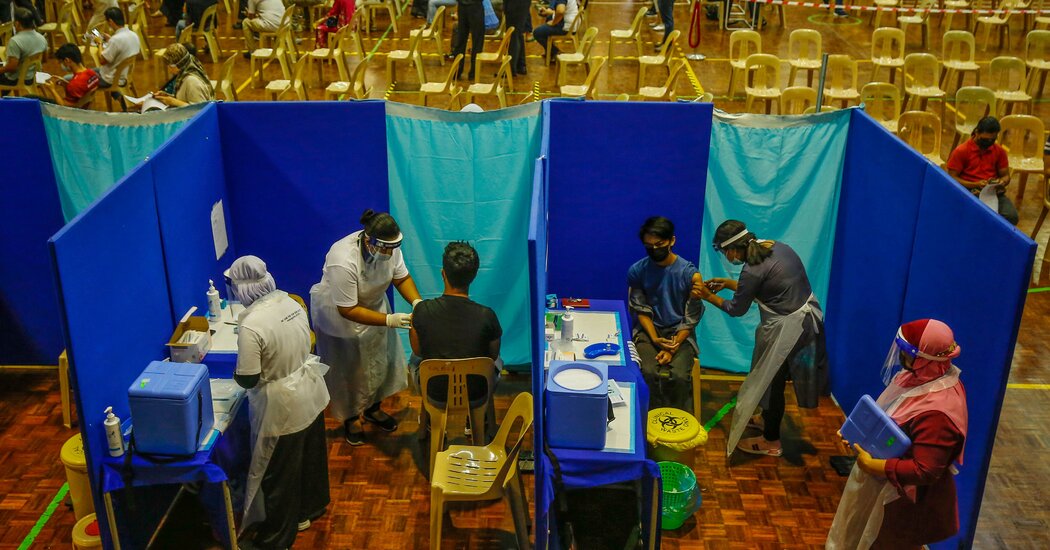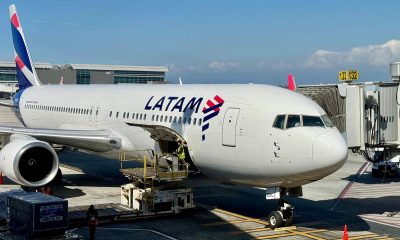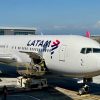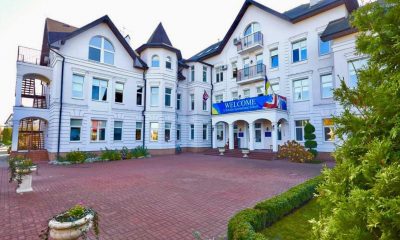ECONOMIC NEWS
China’s Vaccine Diplomacy Stumbles in Southeast Asia
China, eager to build good will, stepped in, promising to provide more than 255 million doses, according to Bridge Consulting, a Beijing-based research company.Half a year in, however, that campaign has lost some of its luster. Officials in several countries have raised doubts about the efficacy of Chinese vaccines, especially against the more transmissible Delta variant. Indonesia, which was early to accept Chinese shots, was recently the epicenter of the virus. Others have complained about the conditions that accompanied Chinese donations or sales.The setback to China’s vaccine campaign has created a diplomatic opening for the United States when relations between the two countries are increasingly fraught, in part because of the coronavirus. China has criticized the American handling of the crisis at home and even claimed, with no evidence, that the pandemic originated in a military lab at Fort Detrick, Md., not in Wuhan, where the first cases emerged in late 2019.As more countries turn away from Chinese shots, vaccine aid from the United States offers an opportunity to restore relations in a region that American officials have mostly ignored for years while China extended its influence. The Biden administration has dispatched a crowd of senior officials, including Vice President Kamala Harris, who is scheduled to arrive on Sunday to visit Singapore and Vietnam. It has also, at last, made its own vaccine pledges to Southeast Asia, emphasizing that the American contribution of roughly 23 million shots as of this week comes with “no strings attached,” an implicit reference to China.Several countries in the region have been eager to receive the more effective, Western doses. Although they remain far outnumbered by Chinese shots, they present an attractive alternative. China’s “early head-start advantage has lost its magic already,” said Hoang Thi Ha, a researcher with the Asean Studies center of the ISEAS-Yusof Ishak Institute in Singapore.For most of the year, many developing countries in Southeast Asia did not have much of a choice when it came to vaccines. They struggled to acquire doses, many of which were being made by richer nations that have been accused of hoarding them.China sought to fill those needs. The country’s foreign minister, Wang Yi, traveled through the region in January, promising to help fight the pandemic. In April, he declared that Southeast Asia was a priority for Beijing. About a third of the 33 million doses that China has distributed free worldwide were sent to the region, according to the figures provided by Bridge Consulting.Much of Beijing’s focus has been directed at the more populous countries, such as Indonesia and the Philippines, and its longstanding allies like Cambodia and Laos.Indonesia was China’s biggest customer in the region, buying 125 million doses from Sinovac. The Philippines obtained 25 million Sinovac shots after the president, Rodrigo Duterte, said he had turned to Xi Jinping, China’s top leader, for help. Cambodia received more than 2.2 million of China’s Sinopharm doses. It has inoculated roughly 41 percent of its population, achieving the second-highest vaccination rate in the region, after Singapore.Updated Aug. 19, 2021, 8:59 p.m. ETThen, signs started emerging that the Chinese vaccines were not as effective as hoped. Indonesia found that 10 percent of its health care workers had become infected with Covid-19 as of July, despite being fully vaccinated with the Sinovac shot, according to the Indonesian Hospital Association.In July, a virologist at Chulalongkorn University in Bangkok said a study of people who had received two doses of the Sinovac vaccine showed that their level of antibodies, 70 percent, was “barely efficacious” against the Alpha variant of the coronavirus, first detected in Britain, or against the Delta variant, first detected in India.The governments in both Indonesia and Thailand decided that they had to make a switch to other vaccines, like those provided by the United States, Britain and Russia.“Now that they have more choices, they can make other decisions,” said Nadège Rolland, senior fellow at the National Bureau of Asian Research in Washington. “I don’t think it’s politically motivated. I think it’s pragmatic.”Yaowares Wasuwat, a noodle seller in Thailand’s Bangsaen Chonburi Province, said that she hoped to get the AstraZeneca vaccine for her second shot after being inoculated with Sinovac, but that she would take whatever was available.“I have nothing to lose,” she said. “The economy is so bad, we are gasping for air. It’s like dying while living, so just take whatever protection we can.”China’s early moves in the region stand in marked contrast with the United States, which was slow to provide assistance.Understand the State of Vaccine and Mask Mandates in the U.S.Mask rules. The Centers for Disease Control and Prevention in July recommended that all Americans, regardless of vaccination status, wear masks in indoor public places within areas experiencing outbreaks, a reversal of the guidance it offered in May. See where the C.D.C. guidance would apply, and where states have instituted their own mask policies. The battle over masks has become contentious in some states, with some local leaders defying state bans.Vaccine rules . . . and businesses. Private companies are increasingly mandating coronavirus vaccines for employees, with varying approaches. Such mandates are legally allowed and have been upheld in court challenges.College and universities. More than 400 colleges and universities are requiring students to be vaccinated against Covid-19. Almost all are in states that voted for President Biden.Schools. On Aug. 11, California announced that it would require teachers and staff of both public and private schools to be vaccinated or face regular testing, the first state in the nation to do so. A survey released in August found that many American parents of school-age children are opposed to mandated vaccines for students, but were more supportive of mask mandates for students, teachers and staff members who do not have their shots. Hospitals and medical centers. Many hospitals and major health systems are requiring employees to get a Covid-19 vaccine, citing rising caseloads fueled by the Delta variant and stubbornly low vaccination rates in their communities, even within their work force.New York. On Aug. 3, Mayor Bill de Blasio of New York announced that proof of vaccination would be required of workers and customers for indoor dining, gyms, performances and other indoor situations, becoming the first U.S. city to require vaccines for a broad range of activities. City hospital workers must also get a vaccine or be subjected to weekly testing. Similar rules are in place for New York State employees.At the federal level. The Pentagon announced that it would seek to make coronavirus vaccinations mandatory for the country’s 1.3 million active-duty troops “no later” than the middle of September. President Biden announced that all civilian federal employees would have to be vaccinated against the coronavirus or submit to regular testing, social distancing, mask requirements and restrictions on most travel.The calculus has now changed under President Biden. Both Lloyd J. Austin III, the American secretary of defense, and Antony J. Blinken, the secretary of state, had meetings with top officials in Southeast Asia in recent weeks. They noted the donations of roughly 20 million shots.After Mr. Austin visited the Philippines, Manila restored a defense agreement that had been stuck in limbo for more than a year after Mr. Duterte threatened to terminate it. The agreement, which would continue to allow American troops and equipment to be moved in and out of the Philippines, could thwart China’s goal to push the American military out of the region.Part of the reason for Mr. Duterte’s turnaround: the delivery of millions of doses of Johnson & Johnson and Moderna vaccines.Still, some Southeast Asian analysts have misgivings about Washington’s belated vaccine diplomacy.“The fact remains that the U.S. was really slow off the bat,” said Elina Noor, director of political-security affairs at the Asia Society Policy Institute. “And given that rich countries were hoarding vaccines when they became available, I think that sour taste still lingers.”China continues to be seen to be a reliable supplier for the vaccines it has produced. It has delivered 86 percent of the doses that it has promised to sell. And there remain concerns that the American companies have been slow to make deliveries. For those reasons, most Southeast Asian countries have not openly criticized China — and have not abandoned Chinese vaccines.Anti-China sentiment runs high in Vietnam, but the country accepted a donation of 500,000 doses of Sinopharm in June, causing a backlash among citizens who said they did not trust the quality of Chinese shots.“Even right in the middle of this emergency, I have no reason to trade my life or my family’s for a Chinese vaccine,” said Nguyen Hoang Vy, a manager for health care operations at a hospital in the city of Ho Chi Minh.It later emerged that the donated Sinopharm shots were meant for priority groups outlined by Beijing, deepening the cynicism toward China.“There are always some conditions attached,” said Huong Le Thu, a senior analyst at the Australian Strategic Policy Institute who specializes in Southeast Asia, referring to China’s vaccine deals.Vietnam continues to battle an outbreak, and vaccines remain in short supply. Despite the earlier public anger, a private Vietnamese company acquired five million doses of Sinopharm for distribution, which local authorities began to administer this month.Muktita Suhartono and Vo Kieu Bao Uyen contributed reporting. Claire Fu and Elsie Chen contributed research.
Source link
